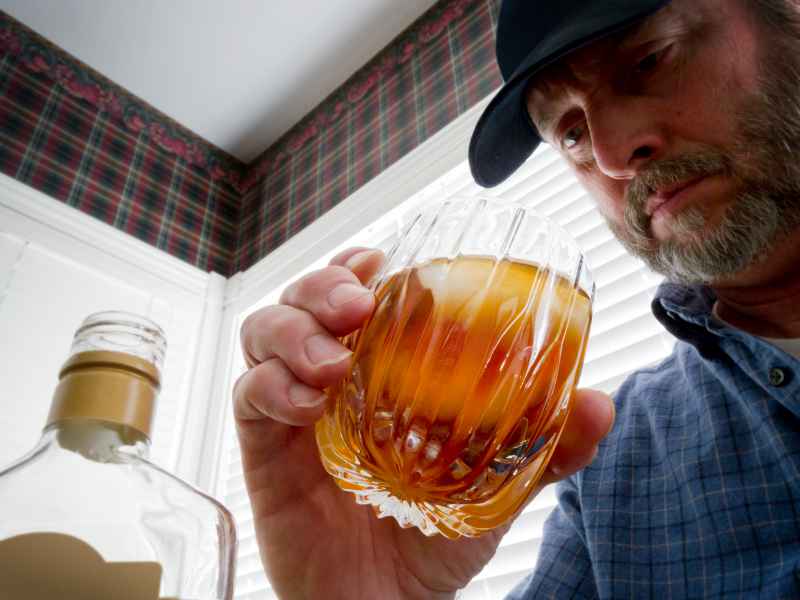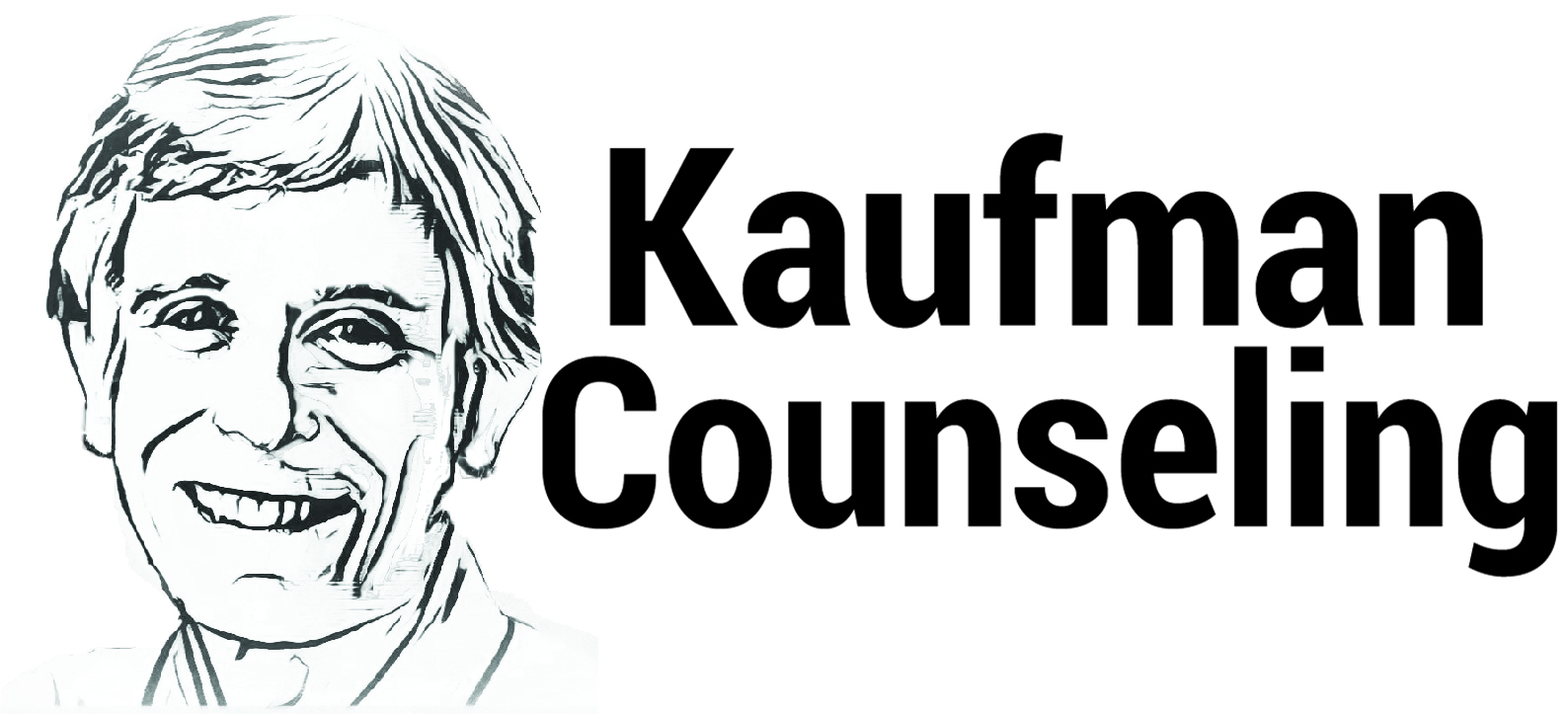Alcohol and Drug Counseling

Many people have problems with alcohol and other drugs. It is probably fair to say that most people who have these problems do not realize the seriousness of their difficulties. Those looking from the outside (as spouses, partners, parents, grandparents, close friends, etc.) tend to see the person who drinks and/or uses drugs as having a more serious problem than does the person actually doing the drinking/ using.
Many people who use alcohol and other drugs excessively – those who abuse substances or are (chemically and psychologically) dependent on them – are ambivalent about changing. They are not particularly motivated to change. They tend to feel hassled by others — who they see as unfairly complaining about and criticizing their behaviors. Even when some people go for counseling or therapy (for some other problem), they do not ask for the counselor’s/therapist’s help with this issue. (They may feel embarrassed, ashamed, or fear a judgmental reaction [including rejection and shaming] from the therapist.)
In the bigger picture, many people have many problems, in many areas, but only a small proportion of these people seek out the help of a professional counselor/therapist. It’s as if a large majority of the population has a fear of, or phobia towards, counseling and psychotherapy. Some people still believe there is a stigma attached to being in counseling/therapy – or that going for professional help is a sign of weakness and vulnerability. They don’t want to be seen as crazy, inadequate, or defective.
It is my belief that people who are in, or have been in therapy, are — in general — more mentally healthy and well functioning than people who have not had this experience. What do you think? I see psychotherapy (therapy) and counseling, as essential forms of education for living. That is, people need to be educated about how to live happier, healthier, and more productive lives. Unfortunately, the children growing up in some families do not have the opportunity to learn these things.
Now back to commenting specifically about alcohol and other drugs. (Notice here that I say “alcohol and other drugs.” Some people who drink alcohol protest about this wording. They do not believe or think that alcohol is a drug.) One unfortunate bottom line is that much treatment for alcohol and drug problems is not very effective. The rate of recidivism (repeated or habitual relapse) for these problems is very high. Many people struggle for many years (or even an entire lifetime) with their problems. They may have seen several different therapists and participated in various treatment programs – but never seem to be able to overcome their problems. Why is this?
I think that many people are not getting the effective treatment that they need and deserve. I strongly believe that complex problems can’t be resolved with simple solutions. (Note: Some people take offense when I say this to them. I don’t mean to offend anyone.) After being a psychotherapist for thirty years, I have learned a great deal about alcohol and drug problems. I have discovered much about what makes treatments effective. Many of the clients who I see, and have worked with, have had much counseling and therapy in their lives, but they still have been unable to overcome their alcohol and drug problems. One of the reasons they haven’t been more successful, I believe, is that the therapeutic help they have gotten has not been deep enough, psychologically sophisticated enough, or long enough, to get to the roots of their underlying (unconscious) problems.
By applying my many years of experience, along with my extensive knowledge of depth psychotherapy, I am able, in many instances, to help people reach a state of recovery. In saying this I realize that there are many people (especially those who have been involved with 12-step recovery programs) who believe that people who have had problems with alcohol and other drugs never actually recover, but are forever recovering. They believe that “alcoholism” and “drug addiction” are “diseases.” I have a different point on view on this: I believe that a great majority of people who have problems with alcohol and other drugs have psychological problems (or disorders). Thinking of these problems differently has a huge impact on how treatment is understood and carried out. In addition, I find it unhelpful therapeutically to stereotype and label people with medical sounding diagnoses.
I have a more optimistic attitude with regard to the potential of recovering people to overcome (transcend, move and grow beyond) their problems. In perspective, I think that some treatment providers (just as clients) can — at different times — expect too much, or expect too little. Expectations need to be realistic: neither too high nor too low. People who are suffering, frustrated, and unhappy, deserve to get the best help they can get. Life has so many wonderful possibilities to offer when someone is freed from the bondage of various things (as drugs) and activities (as compulsions) that dominate or control their lives, or even enslave them.
Now a few words to those people who are reading this web page and are focused on helping a significant other (as a spouse, partner, child, parent, relative, friend, etc.) with their alcohol or drug problems: I suppose you have some strong feelings towards the person you care about who is harming him/herself by using these substances.You probably are looking for ways to help this person get the professional help you believe s/he needs. Maybe you’ve come to the point where you have already said everything you know what to say, and done everything you know what to do, but the drinker or drug user continues his/her self-destructive behaviors. You may have already even suggested to the drinker/user that s/he get help from a therapist — and then gotten a negative response. Now what to do?
You might consider arranging for a consultation session with me (or another therapist) in order to talk about the situation and circumstances of your loved one. In this session, you could:
- learn strategies for how to more effectively talk to, and deal with, the drinker/user;
- get information and learn about resources that could be of help to you;
- get relief from, and insight into, the difficult and troubling thoughts and feelings you have been struggling with;
- find new hope and optimism that the problems you are facing with your significant other may have understandings and solutions that you might not have as yet considered.
I believe that many problems people have with alcohol and other drugs (as well as with food — another substance subject to misuse) are symptoms of underlying (deeper) personality issues. The same could be said for other compulsive and addictive behaviors.
A depth approach to psychotherapy assumes that, in most instances, getting to the roots of a problem can be much more effective than merely treating the symptomatic or surface expressions of a problem. Many people frequently substitute one problematic (causing a problem) substance or activity for another. This is technically referred to as “symptom substitution.” Just because they stop using a particular substance, or stop engaging compulsively in a particular activity, doesn’t mean they have resolved their underlying problems or are going to feel better, overall, as a result.
People who misuse alcohol, drugs, food, and other things and activities, are doing so for many complicated, complex, and multi-determined (having many sources) reasons — reasons that need to be thoroughly explored and understood. They wouldn’t be doing what they were doing unless they got many benefits and advantages from doing so. We need to understand their deeper motivations and needs. And it is very important that we not be judgmental towards them. Just trying to convince them to stop their problematic behaviors infrequently works. In this regard, I believe that before a person can give up a symptom — as with compulsive and excessive drinking — that person needs to have healthy psychological alternatives to this behavior. Taking something away before you have a satisfactory replacement for it, often makes things worse.
Effective therapists help people struggling with addictions and compulsions to understand the often unconscious (out of awareness) psychological functions and purposes of their behaviors, feelings, and thoughts. Many people with problematic behaviors have never done the psychological work necessary to see how positive changes in their lives are really achievable (attainable). They are in need of more hope that they can actually have a better life in the future.
Some people are extremely motivated to reach their goals – and I am very motivated to help people reach these goals. By working hard together, in a cooperative and dedicated way, much can be accomplished.

